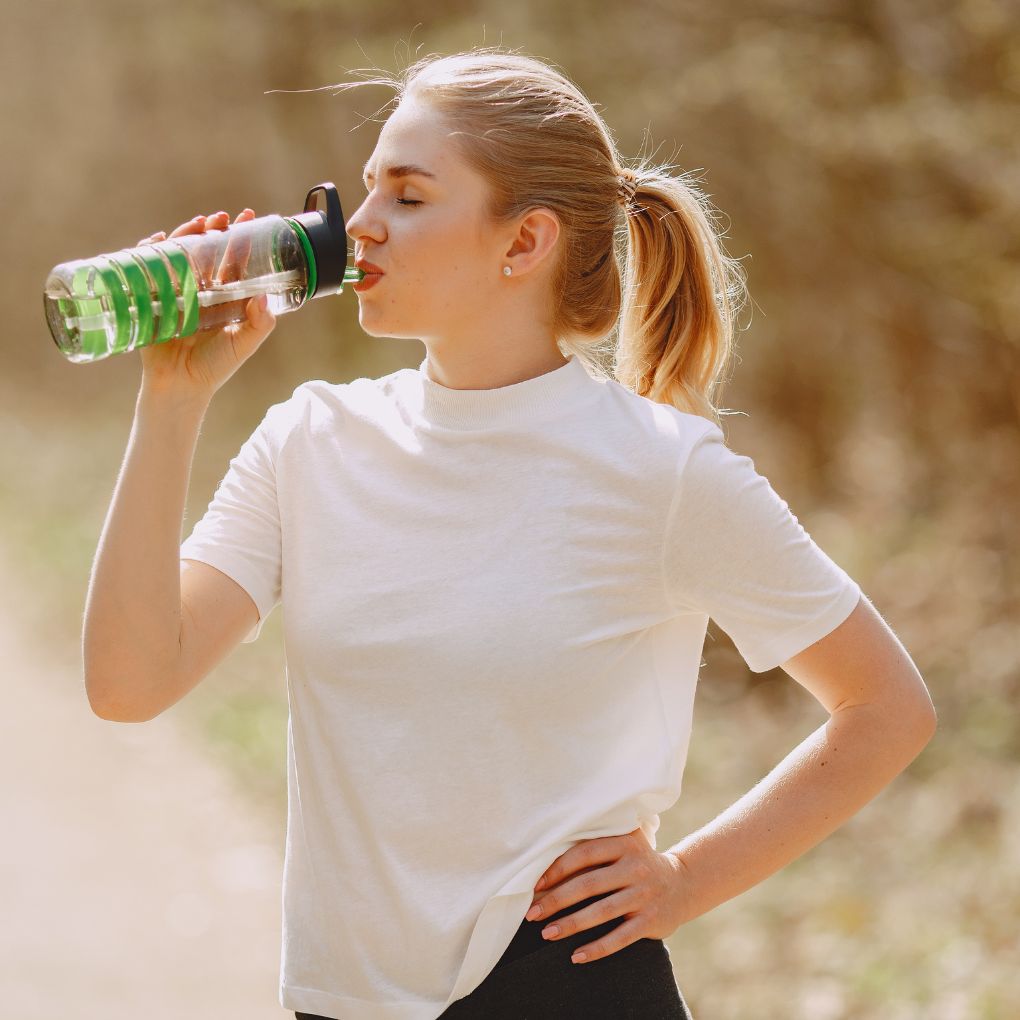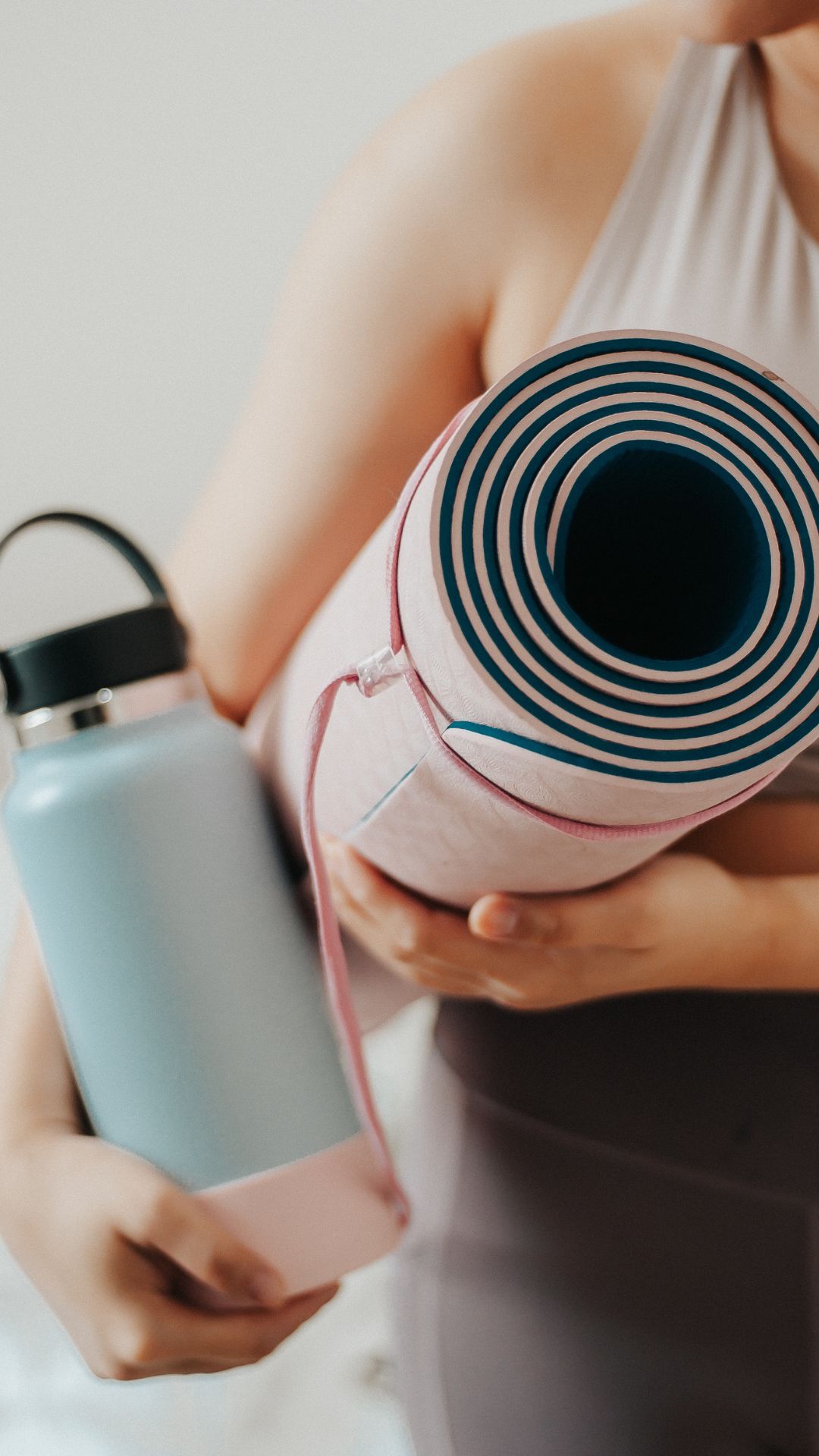Although it’s frequently overlooked, proper hydration is essential for both peak performance during exercise and general health. Whether you’re a novice gym-goer or an experienced athlete, maintaining optimal performance and reaching your fitness objectives depend on drinking enough water while working out. We’ll discuss the value of being hydrated during exercise in this blog and offer helpful advice on how to make sure you’re well-fueled for success.
The Significance of Hydration: Water is essential for our bodies to operate correctly, and this is particularly true when we exercise. Sweating is a natural way for us to lose water while we exercise, and if this loss is not replaced, it can cause dehydration. Even a small amount of dehydration can have a detrimental effect on performance, increasing the risk of injury, weariness, diminished endurance, and poor cognitive function.
Maintaining proper hydration is especially important when exercising and controlling body temperature. Sweating is the body’s method of cooling down, but the body can’t control its temperature if it doesn’t get enough fluids. In hot and muggy weather, this can lead to overheating, heat exhaustion, and even heatstroke.
Sweat also loses electrolytes such as salt, potassium, and magnesium, which must be replaced to keep muscles functioning properly and avoid cramping. Hydration is more than simply drinking water; it’s also about reestablishing the electrolyte balance that is necessary for peak performance.
Advice for Drinking Enough Water While Working Out:
1. Pre-hydration: Make sure you’re well-hydrated before you start exercising. For optimal hydration, try to consume 16–20 ounces of water two to three hours before doing exercise.
2. While exercising: Stay hydrated by drinking plenty of water during your workout, particularly if it’s lengthy or strenuous. Drinking 7–10 ounces of liquid every 10–20 minutes when exercising is a standard recommendation. For longer workouts or high-intensity activities, use electrolyte-containing sports drinks or water.
3. Check Your Hydration Level: Keep an eye out for symptoms of dehydration, such as weariness, thirst, dark urine, or dizziness. In order to minimize weight loss from perspiration, it might also be helpful to weigh oneself both before and after exercise to see how much fluid you have lost.
4. Tailor Your Water Plan: Depending on their body type, perspiration rate, and surrounding circumstances, each person has different water requirements. During training sessions, try out several tactics for consuming fluids to see which one suits you the most.
5. Rehydrate After Exercise: Drink water and eat foods high in water content, such as fruits and vegetables, to replace lost fluids and electrolytes. Recovery and replenishment can also be facilitated by consuming a post-workout meal or snack that is high in protein and carbs.
In conclusion, you should not ignore the importance of hydration in your quest for fitness. Maintaining enough hydration promotes peak performance, improves endurance, and lowers the possibility of negative consequences from dehydration. Making water a priority before, during, and after exercises will help you feel better during exercise and get the most out of your training sessions. Keep in mind that being hydrated involves more than simply drinking water—it also involves giving your body the nutrition it needs to function at its peak.
Hydration is Important During Workouts


